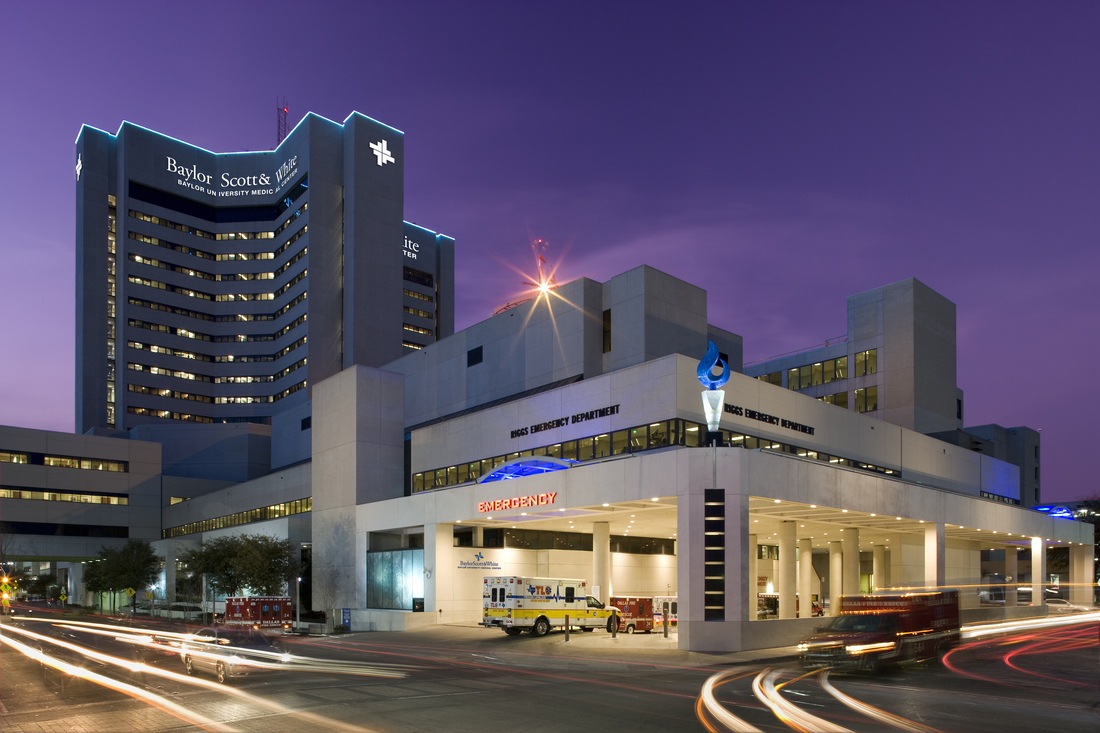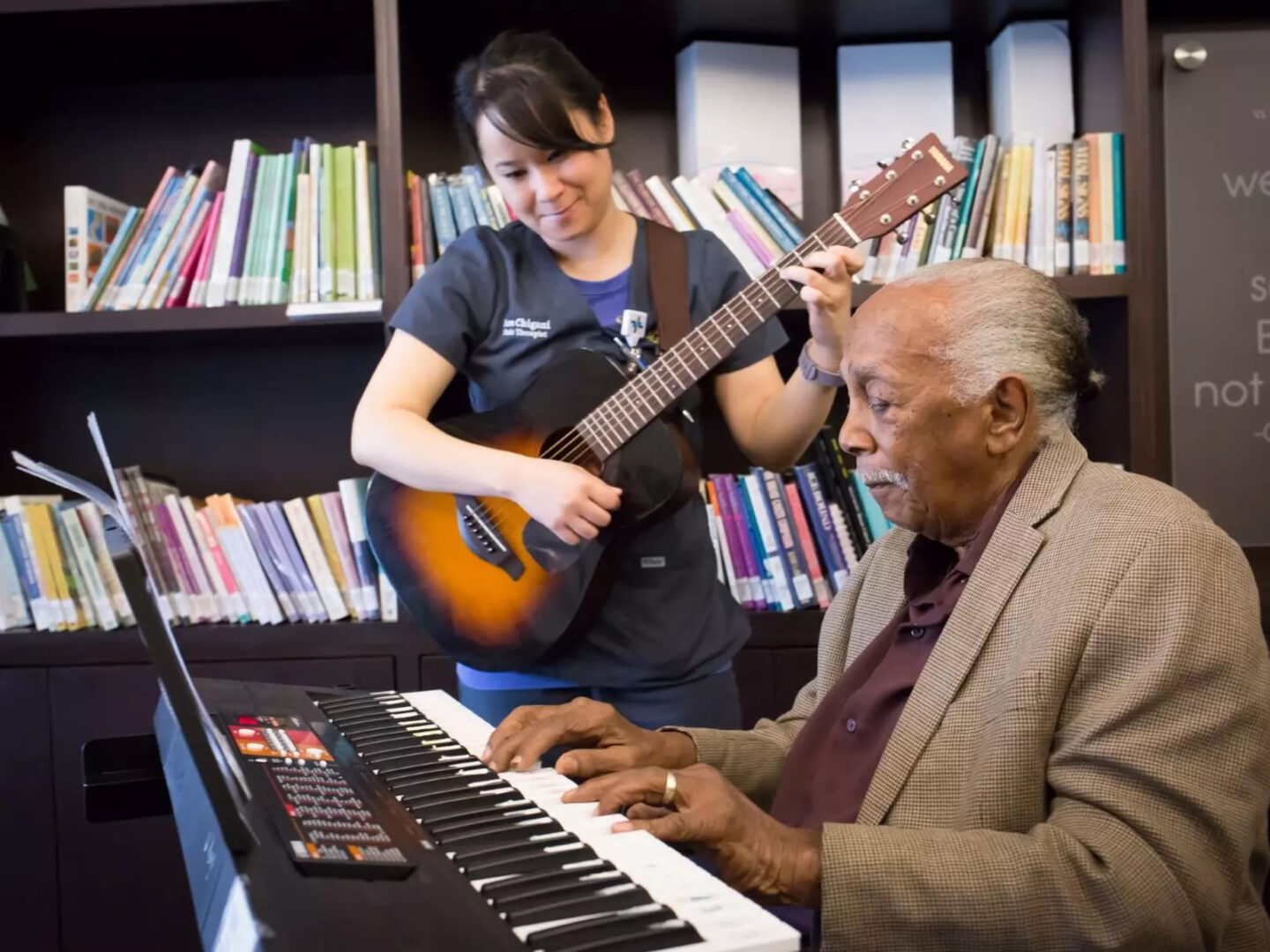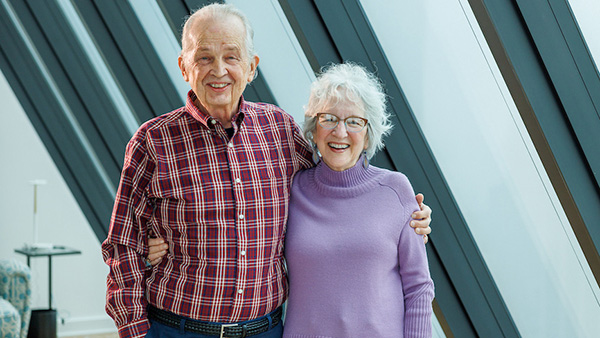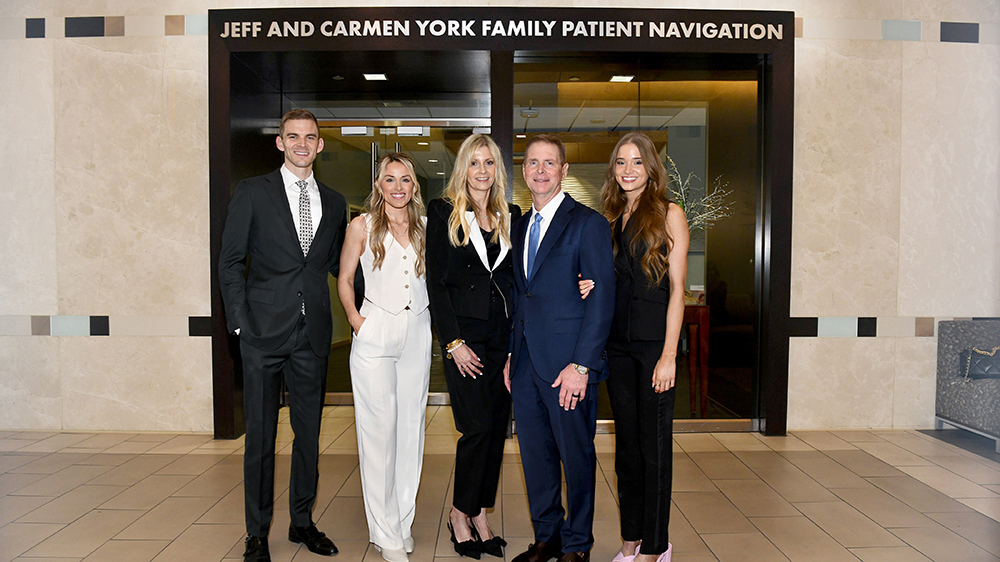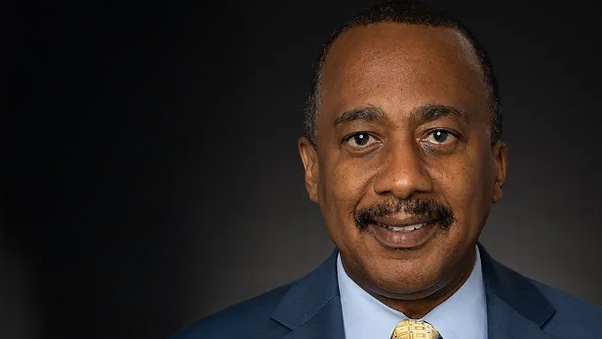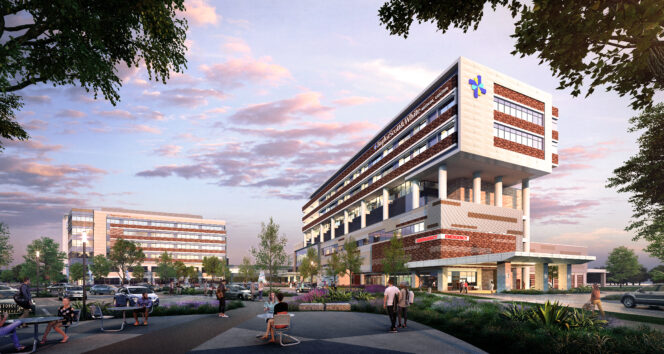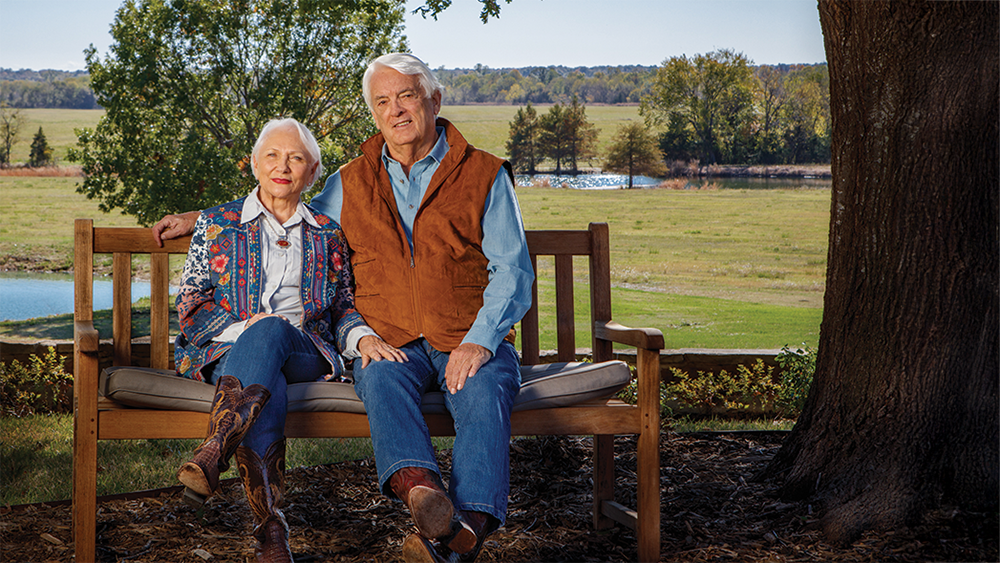
Baylor Scott & White AT&T Memory Center
Launched through philanthropy, the Baylor Scott & White AT&T Memory Center continues to rely on generous support to provide vital care, resources, and hope for patients and families navigating Alzheimer’s and other memory disorders.
Sandra and Gary Fernandes, patient family
The rising demand for specialized memory care
Dementia is one of the fastest-growing diagnoses in the United States. As North Texans age, the demand for specialized memory care is expected to surge. As the need for specialized memory care continues to grow, ensuring these patients receive timely and high-quality care is becoming increasingly critical.
How the BSW AT&T Memory Center is leading Alzheimer’s care
Families and individuals facing Alzheimer’s and dementia need more than just a diagnosis—they require comprehensive, compassionate care and resources that can help them navigate the complexities of memory disorders. The BSW AT&T Memory Center is one of the few outpatient clinics in Dallas solely dedicated to these patients.
With more than 4,700 patient visits annually, the BSW AT&T Memory Center is facing a growing waitlist. While other programs may limit services or close their waitlists, the BSW AT&T Memory Center remains steadfast in its mission to provide care to every individual and family seeking help.
A beacon of hope in North Texas
The BSW AT&T Memory Center is a trusted destination where individuals and families can receive a thorough diagnosis and clear guidance for their memory care in a single visit. From exceptional care to social and emotional guidance, the BSW AT&T Memory Center team provides a wide range of services for those struggling with Alzheimer’s, vascular dementia, and other cognitive impairments, including:
- Comprehensive evaluations that assess memory and cognitive function
- Personalized care plans tailored to each patient’s specific needs
- Essential resources, including access to an Alzheimer’s Association care and support specialist
- Access to innovative FDA-approved treatments, such as lecanemab and donanemab, which are proven to slow the progression of Alzheimer’s disease
The power of your gift: Support memory care that so many depend on
The BSW Memory Center stands as a cornerstone of excellence in memory care for the North Texas community and faces an overwhelming demand.
Generous donors helped launch the BSW AT&T Memory Center and ongoing support has been crucial to sustain this impactful initiative. Your support can empower the BSW AT&T Memory Center to enhance its diagnostic capabilities, offer advanced therapies and deliver personalized support that can significantly improve the quality of life for patients and their loved ones.
For more information, contact
How the Baylor Scott & White AT&T Memory Center is leading Alzheimer’s care
The BSW AT&T Memory Center provides vital care, resources and hope for families navigating memory disorders.
